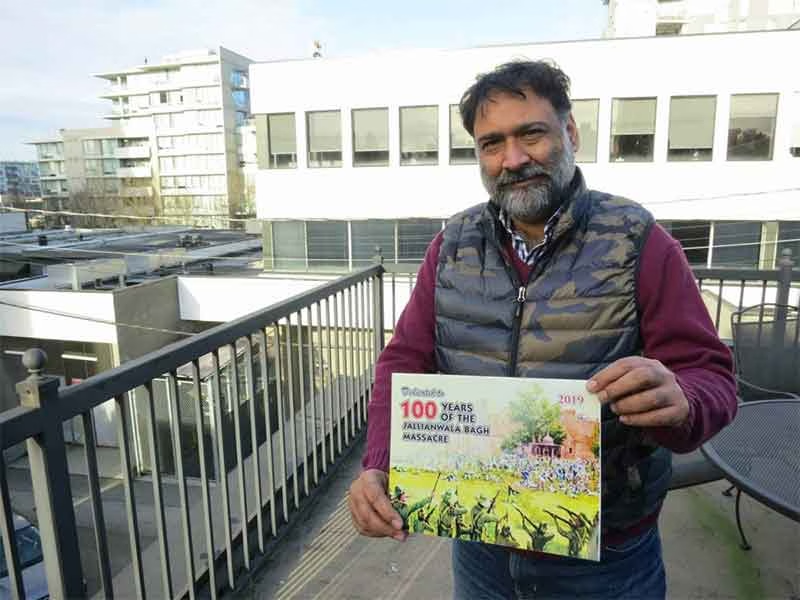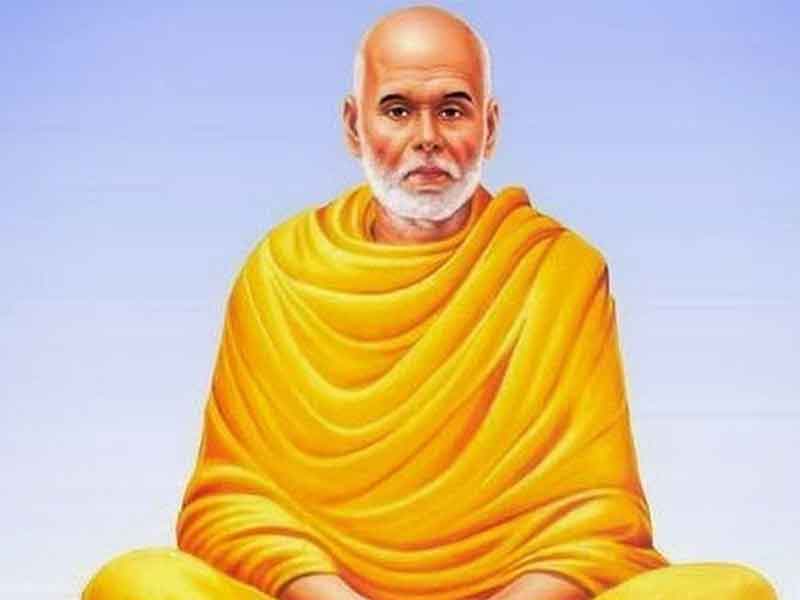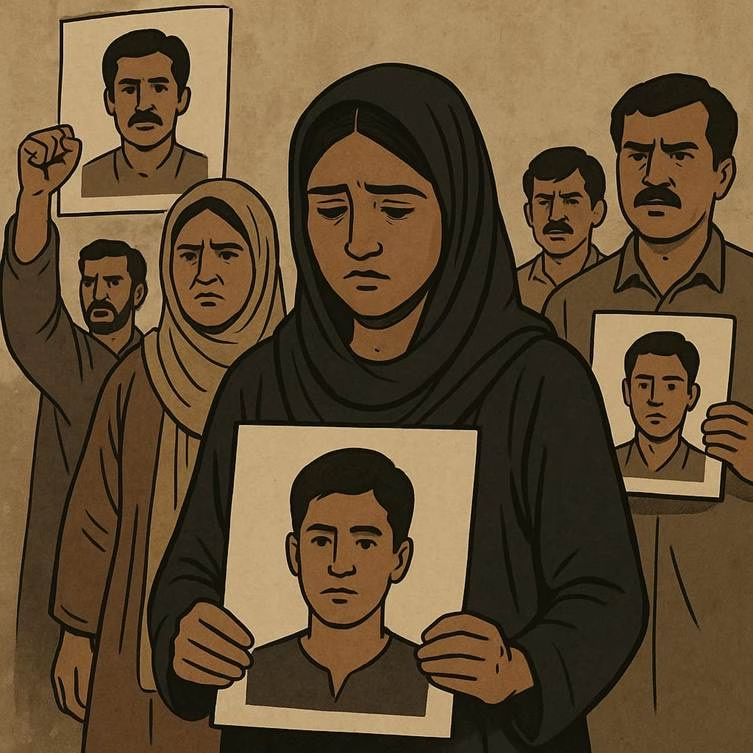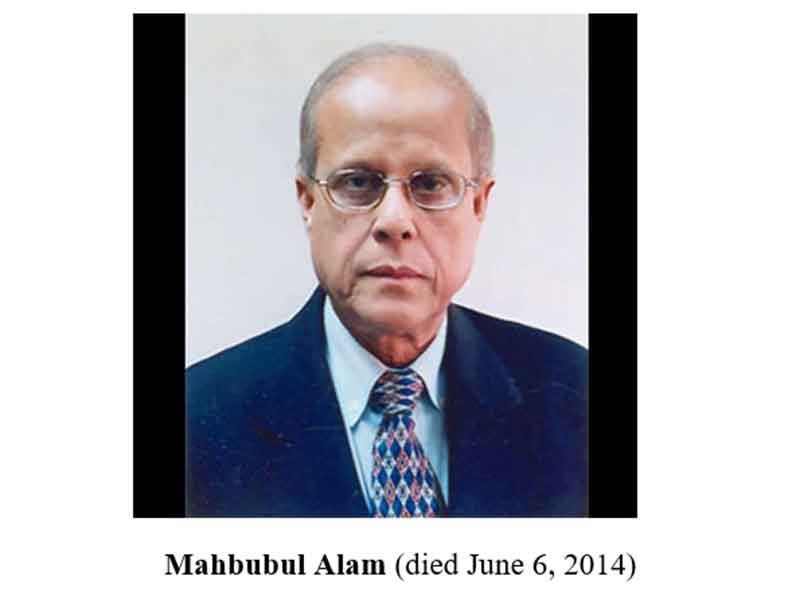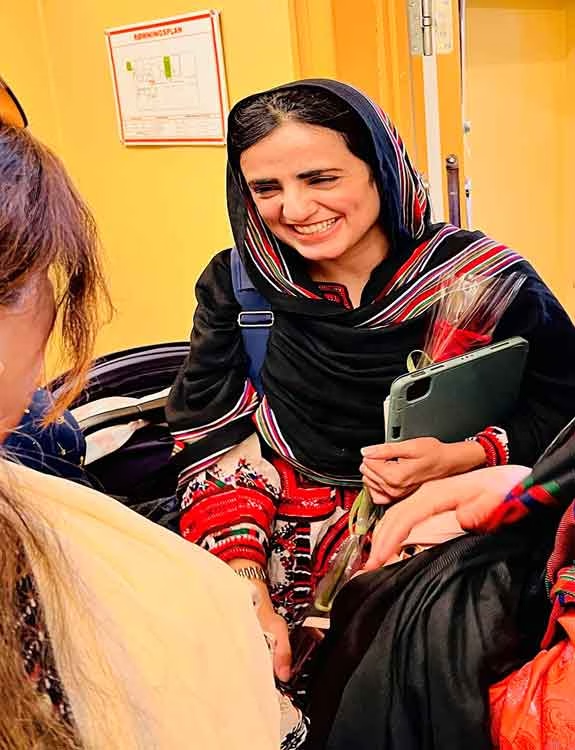
In the long and agonizing struggle for Baloch rights, where decades of disappearances, extrajudicial killings, and structural marginalization have silenced thousands, Dr. Mahrang Baloch has emerged as an uncompromising and defiant voice. A medical doctor by training and a human rights activist by conviction, Mahrang is not merely protesting state brutality—she is reimagining Baloch identity as one rooted in dignity, resistance, and truth.
Her activism did not begin in abstraction. It is personal, seared by the pain of loss. Mahrang was a teenager when her father, Dr. Deen Mohammad, was abducted in 2009—allegedly by Pakistani security forces—from the Khuzdar district. His disappearance became the defining rupture in her life, propelling her from the hospital wards into the streets of Quetta and Islamabad, where she has led hunger strikes, sit-ins, and rallies under the scorching sun and the shadow of rifles.
According to the Human Rights Commission of Pakistan (HRCP), over 8,000 people have gone missing in Balochistan in the last two decades, with hundreds confirmed dead. A 2023 Amnesty International report noted that “Enforced disappearances in Balochistan have reached an alarming scale, contributing to a climate of fear and perpetual trauma among the province’s communities.”
What distinguishes Mahrang is her fearlessness. In a society where female dissent is not only discouraged but often violently suppressed, she has emerged as the face of a movement long led by grieving mothers and traumatized siblings. Her speeches, often delivered in soft but firm tones, pierce the national conscience. In one viral address, she said: “This land has been stained with the blood of our fathers. We will not let their memory be erased with silence.”
The Pakistani state’s response has ranged from indifference to intimidation. In early 2024, during a peaceful protest in Quetta demanding justice for missing persons, Mahrang and dozens of others were brutally detained. But the repression only amplified her resolve. Upon release, she stated bluntly: “We are not demanding favors. We are demanding rights. And no amount of violence will make us retreat.”
Her activism intersects with broader issues—the militarization of Balochistan, the economic exploitation of its natural resources, and the erasure of cultural identity. Mahrang has been vocal in denouncing the China-Pakistan Economic Corridor (CPEC), labeling it a neo-colonial project that displaces local communities while enriching external stakeholders. Her stance aligns with growing international concerns about forced evictions and demographic engineering in Gwadar and surrounding regions. A 2022 Human Rights Watch report warned of “mass displacement and lack of consultation with local Baloch communities in projects linked to CPEC.”
Dr. Mahrang Baloch represents a generation of Baloch youth that refuses to be invisible. She is neither appeased by state narratives of “development” nor intimidated by its apparatus of coercion. She speaks from a wound, but also from a vision—a vision in which Balochistan is not a periphery to be managed but a nation to be heard.
In a country where even murmurs of dissent are criminalized, Mahrang’s voice roars. And in the echo of that voice, generations of the silenced may one day find justice.
Subscribe to Our Newsletter
Get the latest CounterCurrents updates delivered straight to your inbox.
Ashish Singh has finished his Ph.D. coursework in political science from the NRU-HSE, Moscow, Russia. He has previously studied at Oslo Metropolitan University, Norway; and TISS, Mumbai.

